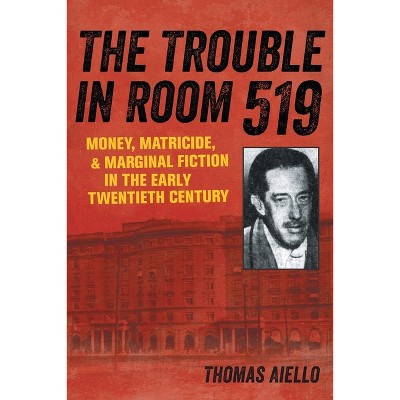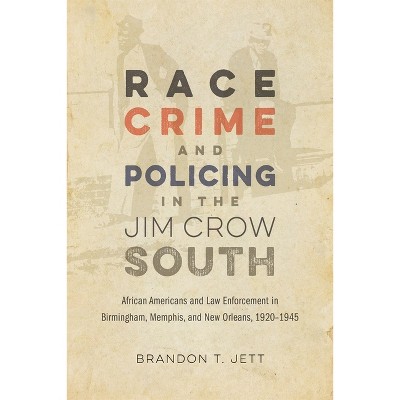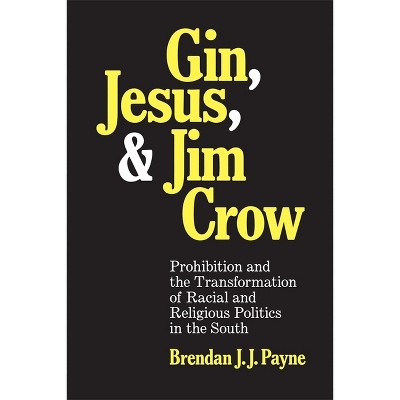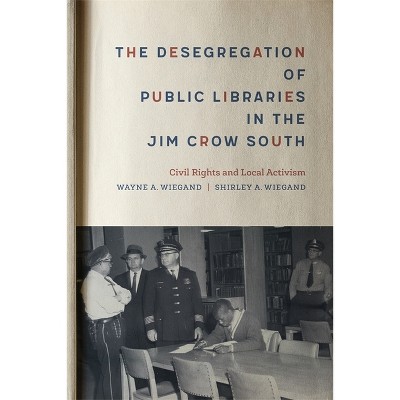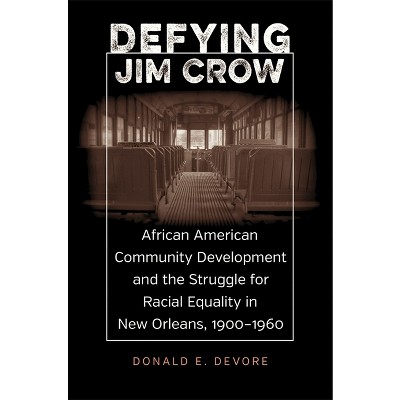About this item
Highlights
- A remnant of the racist post-Reconstruction Redeemer sociopolitical agenda, Louisiana's nonunanimous jury-verdict law permitted juries to convict criminal defendants with only nine, and later ten, out of twelve votes: a legal oddity.
- About the Author: Thomas Aiello is associate professor of history and African American studies at Valdosta State University.
- 216 Pages
- History, United States
Description
About the Book
"The last remnant of the racist Redeemer agenda in the Louisiana's legal system, the nonunanimous jury-verdict law permited juries to convict criminal defendants with only ten out of twelve votes. A legal oddity among southern states, the ordinance has survived multiple challenges since its ratification in 1880. Despite the law's long history, until recently few were aware of its existence, its original purpose, or its modern consequences. At a time when Louisiana's penal system has fallen under national scrutiny, Jim Crow's Last Stand presents a timely, penetrating, and concise look at the history of this law's origins, its troubling legacy, and the debate that ensued before residents voted to abolish the law in November 2018. The nonunanimous jury-verdict law originally allowed a guilty verdict with only nine juror votes, funneling many of those convicted into the state's burgeoning convict lease system. Yet the law remained on the books well after convict leasing ended. Historian Thomas Aiello describes the origins of the statute in Bourbon Louisiana--a period when white Democrats sought to redeem their state after Reconstruction--its survival through the civil rights era of the 1950s and 1960s, and the Supreme Court's decision in Johnson v. Louisiana (1972), which narrowly validated the state's criminal conviction policy"--Book Synopsis
A remnant of the racist post-Reconstruction Redeemer sociopolitical agenda, Louisiana's nonunanimous jury-verdict law permitted juries to convict criminal defendants with only nine, and later ten, out of twelve votes: a legal oddity. On the surface, it was meant to speed convictions. In practice, the law funneled many convicts--especially African Americans--into Louisiana's burgeoning convict lease system. Although it faced multiple legal challenges through the years, the law endured well after convict leasing had ended. Few were aware of its existence, let alone its original purpose. In fact, the original publication of Jim Crow's Last Stand was one of the first attempts to call attention to the historical injustice caused by this law.
This updated edition of Jim Crow's Last Stand unpacks the origins of the statute in Bourbon Louisiana, traces its survival through the civil rights era, and ends with the successful effort to overturn the nonunanimous jury practice, a policy that officially went into effect on January 1, 2019.Review Quotes
PRAISE FOR THE FIRST EDITION OF JIM CROW'S LAST STAND
A reminder of the importance of historical context in interpreting legal precedent and the perils citizens suffer when that context goes overlooked.
--Louisiana HistoryAiello's book provides an important contribution to the literature on Jim Crow.--Journal of American History
An important book that provides activists with historical facts to make arguments for justice. Thomas Aiello could be the C. Vann Woodward of Louisiana today, providing historical context to a racially biased legal system.--Arkansas Review
Highly recommend. This book should be included in every law library, academic library, and large public library.--Law Library Journal
About the Author
Thomas Aiello is associate professor of history and African American studies at Valdosta State University. He is the author of dozens of books and articles analyzing black cultural and intellectual history.Shipping details
Return details
Trending History







